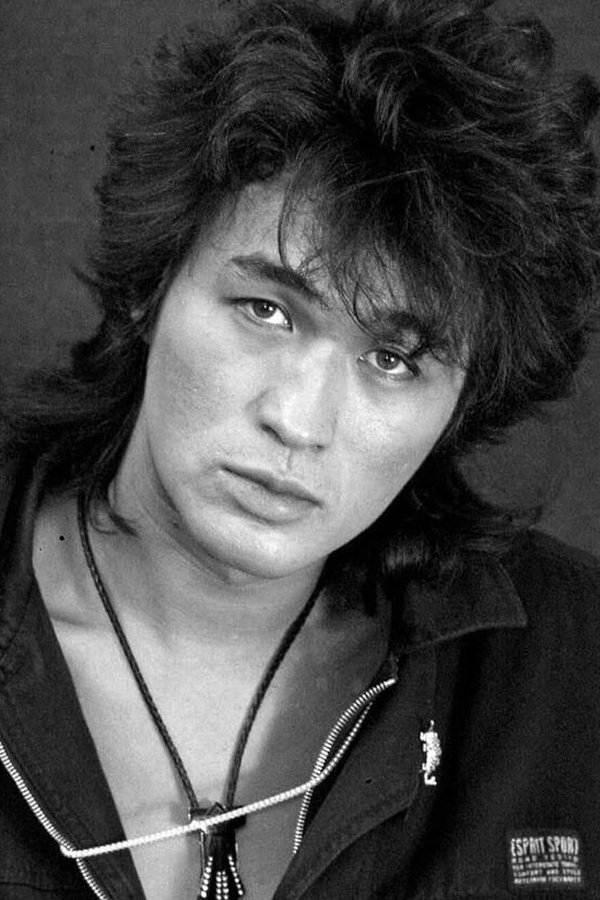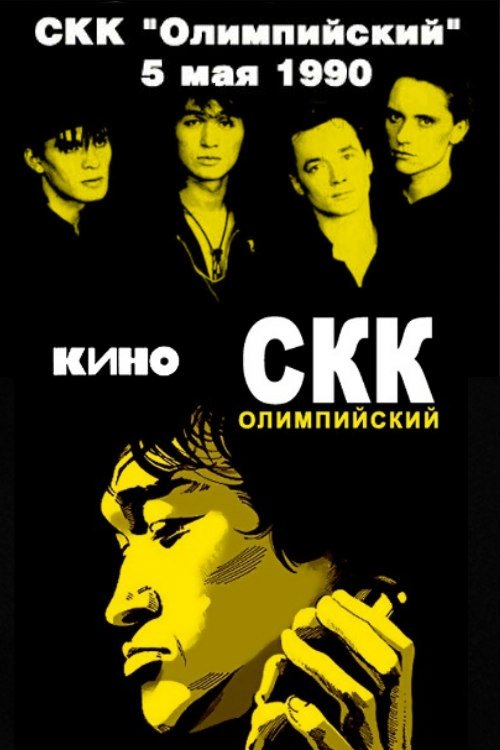

Viktor Robertovich Tsoi (Russian: Ви́ктор Ро́бертович Цой; 21 June 1962 – 15 August 1990) was a Soviet and Russian singer and songwriter who co-founded Kino, one of the most popular and musically influential bands in the history of Russian music. Born and raised in Leningrad, Tsoi started writing songs as a teenager. Throughout his career, Tsoi contributed a plethora of musical and artistic works, including ten albums. After Kino appeared and performed in the 1987 Soviet film Assa, the band's popularity sparked, triggering a period referred to as "Kinomania", and leading to Tsoi's leading role in the 1988 Kazakh new wave art film The Needle. In 1990, after their high-profile concert at the Luzhniki Stadium, Tsoi briefly relocated to Latvia with bandmate Yuri Kasparyan to work on the band's next album. Two months after the concert, Tsoi died in a car collision. He is regarded as one of the pioneers of Russian rock and is credited with popularizing the genre throughout the Soviet Union. He retains a devoted following in many ex-Soviet countries, such as Russia, Ukraine, Kazakhstan and Lithuania, where he is known as one of the most influential and popular people in the history of Russian music. (Wikipedia)

The Soviet rock band Kino's concert at the Olympic Stadium...